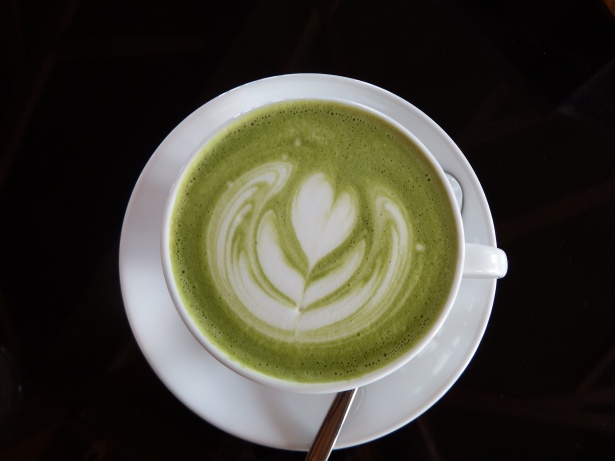

Benefits Of Matcha Tea
Rich in Antioxidants: One of Matcha’s most celebrated qualities is its sky-high antioxidant content. Loaded with catechins, especially epigallocatechin gallate (EGCG), Matcha offers superior protection against harmful free radicals. Experience a potent shield against oxidative stress and support your body’s natural defense mechanisms.
Boosts Metabolism and Burns Calories: Rev up your metabolism with Matcha’s natural fat-burning properties. The combination of catechins and caffeine promotes thermogenesis, aiding in the efficient breakdown of fat cells. Elevate your calorie-burning potential and achieve your fitness goals faster.
Enhances Focus and Cognitive Function: Experience heightened mental clarity and improved focus with Matcha’s unique combination of caffeine and L-theanine. Say goodbye to jitters and crashes – enjoy sustained, calm alertness for enhanced productivity and cognitive performance.
Calms the Mind and Relaxes the Body: Indulge in the soothing effects of Matcha’s L-theanine content, which promotes relaxation without drowsiness. Achieve a state of Zen-like tranquility while maintaining mental acuity. Incorporate Matcha into your self-care routine for a peaceful mind and body.
Detoxifies and Supports Immunity: The chlorophyll-rich nature of Matcha makes it an exceptional detoxifier, aiding in the elimination of toxins and heavy metals from the body. Additionally, Matcha is packed with vitamins, minerals, and immune-boosting properties, providing comprehensive support for your body’s defense system.
Promotes Heart Health: Elevate your cardiovascular health with Matcha’s heart-loving properties. Regular consumption has been linked to lower LDL cholesterol levels and improved blood pressure, reducing the risk of heart disease and promoting overall cardiac wellness.
Supports Weight Management: Achieve and maintain a healthy weight with Matcha’s metabolism-boosting effects. Its unique combination of nutrients and antioxidants helps regulate blood sugar levels, keeping cravings in check and supporting a balanced, sustainable approach to weight management.
History Of Matcha Tea
Matcha tea, a vibrant elixir, has a history as dynamic as its flavor. Originating in Tang Dynasty China, it laid the groundwork. In the 9th century, Japan became its spiritual home. Buddhist monks integrated it into their practices. Under Zen Buddhism, the Japanese refined cultivation, preparation, and consumption. By the 12th century, Matcha gained popularity. It symbolized refinement and status, enjoyed in elaborate ceremonies emphasizing aesthetics, mindfulness, and nature appreciation.
In the 16th century, Sen no Rikyū revolutionized tea preparation. His teachings emphasized simplicity, humility, and present-moment awareness, shaping modern tea ceremonies. Matcha’s influence spread across Japanese culture, permeating art, literature, philosophy, and aesthetics.
In the late 19th and early 20th centuries, Matcha faced decline in Japan due to changing dynamics. However, it resurged in the mid-20th century, driven by renewed interest and awareness of its benefits. Today, Matcha transcends cultural roots, gaining global acclaim as a superfood and culinary staple.
Matcha’s legacy is a testament to tradition’s enduring power and the leaf’s ability to transcend time and borders. From ancient China to revered status in Japanese culture, Matcha’s journey is a tapestry of history, spirituality, and culinary excellence. Embrace the wisdom in every vibrant green cup and continue the legacy of this remarkable elixir.
Forms Of Consumption
- Traditional Matcha Tea
- Matcha Latte
- Matcha Smoothie
- Matcha Desserts
- Matcha Ice Cream
- Matcha Yogurt Parfait
- Matcha Chocolates
- Matcha Cocktails
- Matcha-infused Savory Dishes
- Matcha Energy Bites
